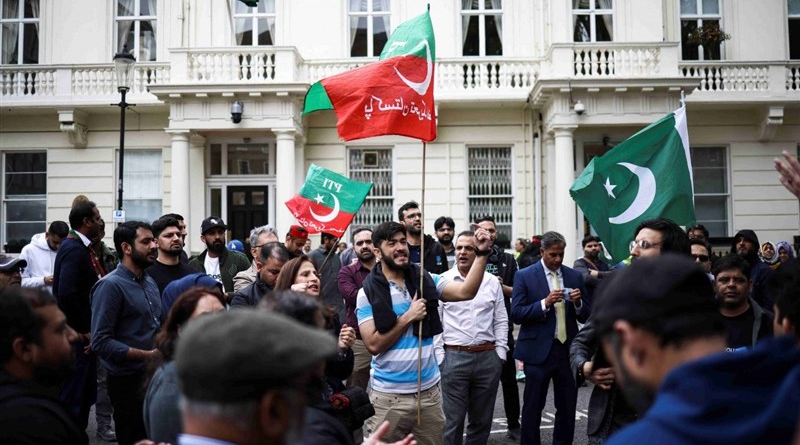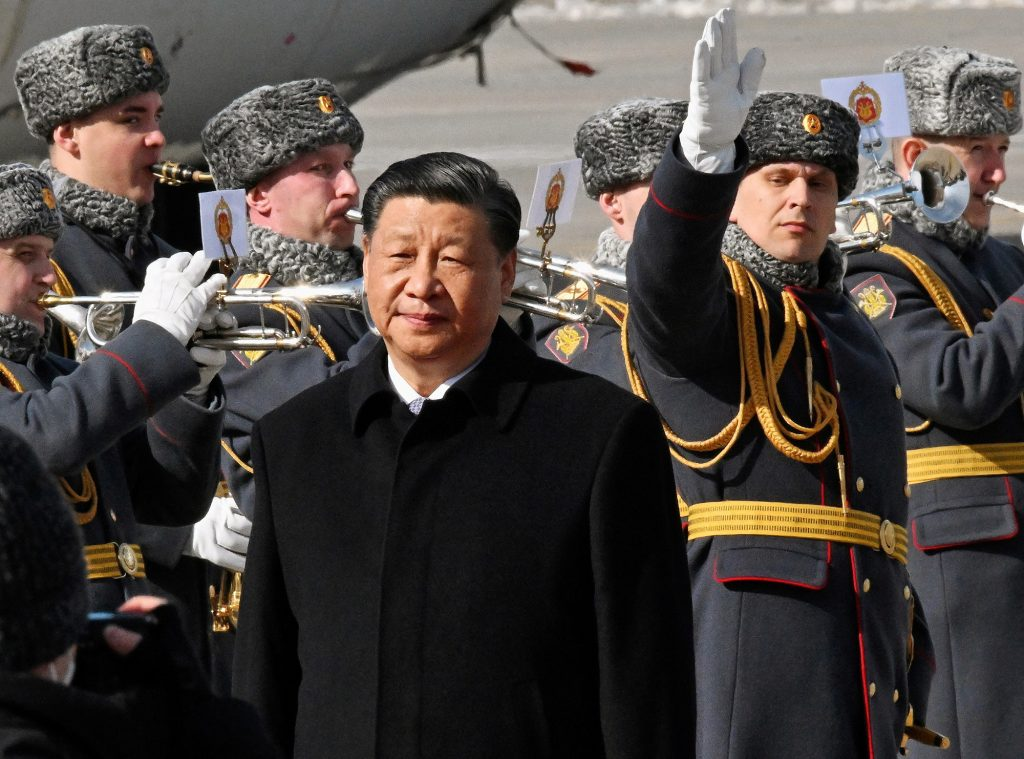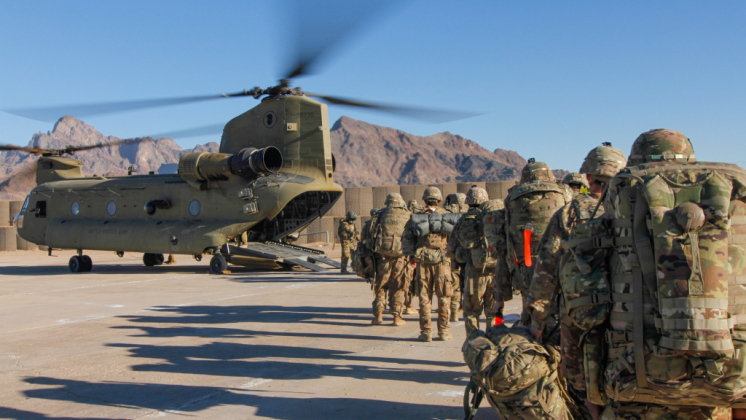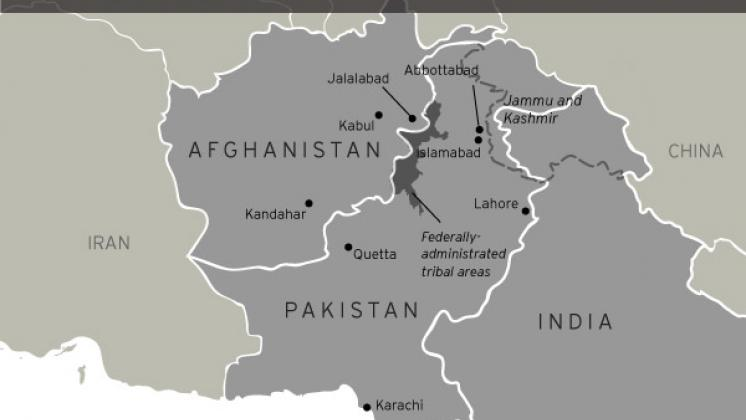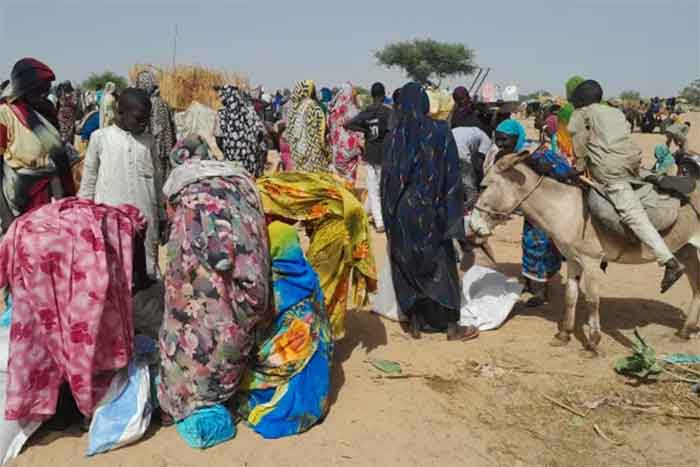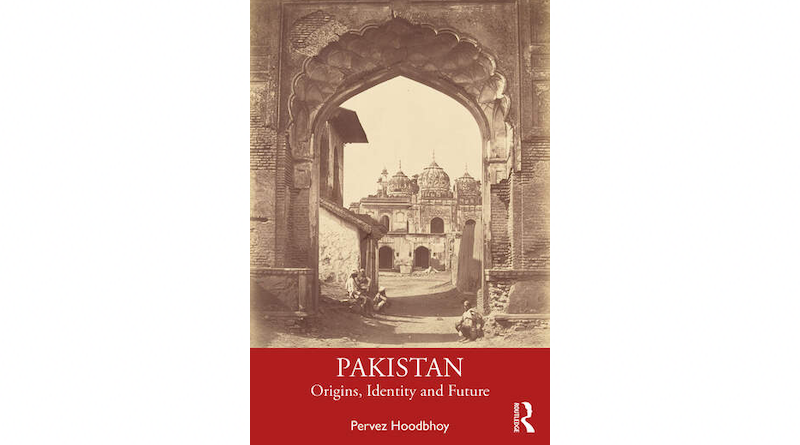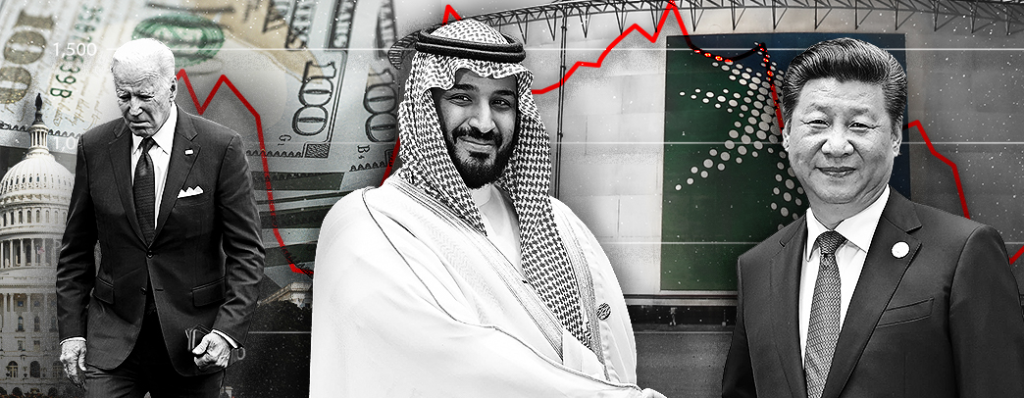Taliban And Islamic State Continue To Fight For Afghanistan’s Future – OpEd
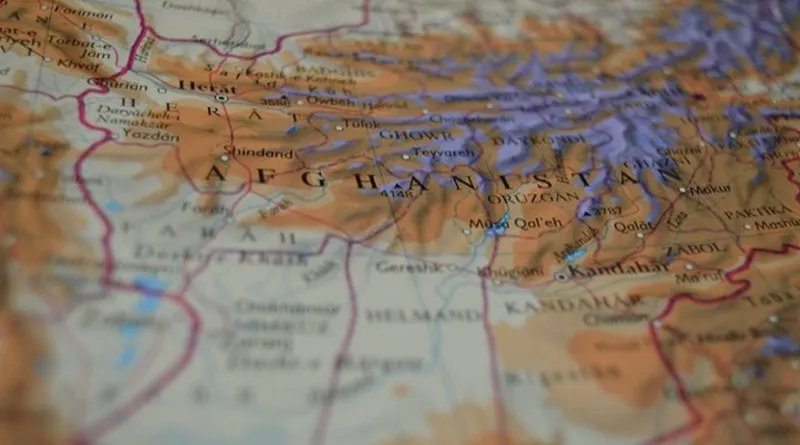
The Taliban’s ability to lead Afghanistan remains questionable and ongoing instability has provided the Islamic State the opportunity for expansion.
On April 25, 2023, U.S. officials confirmed that the Taliban had killed the head of the Islamic State (IS) cell operating in Afghanistan. Though his identity has not been revealed, the IS leader is believed to have masterminded the 2021 Kabul airport attack that killed 170 Afghan civilians and 13 U.S. military personnel.

